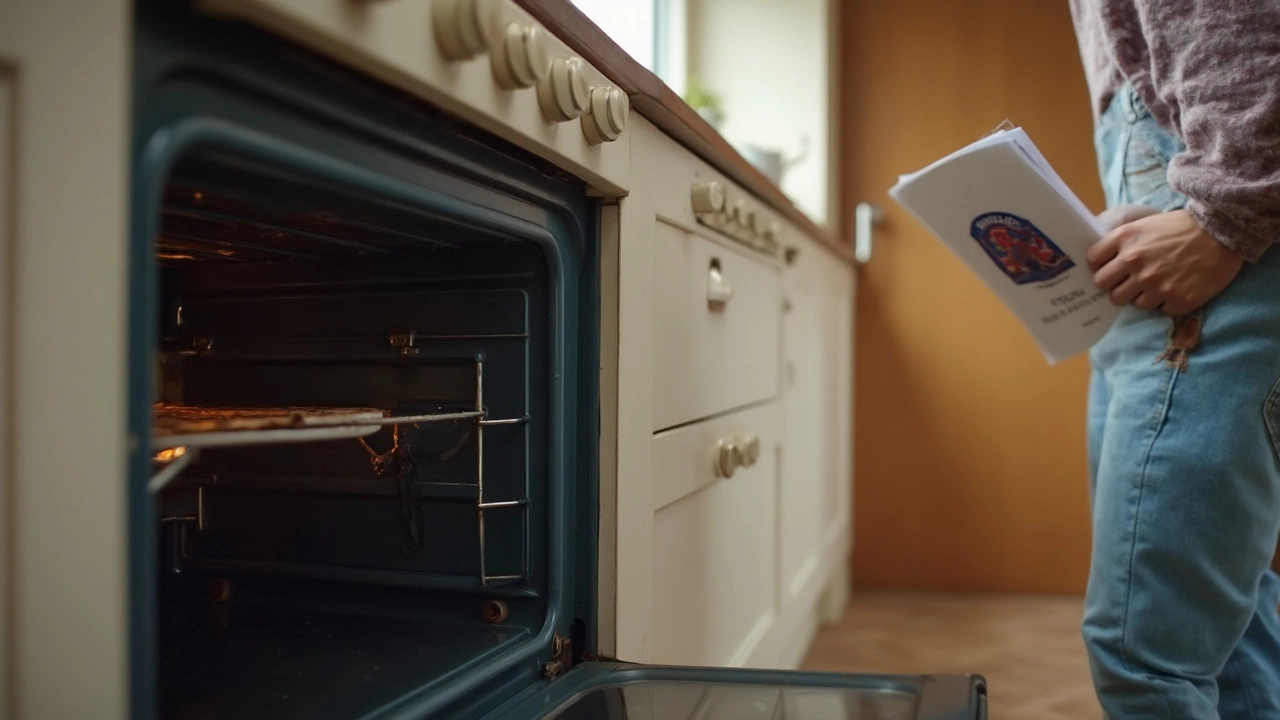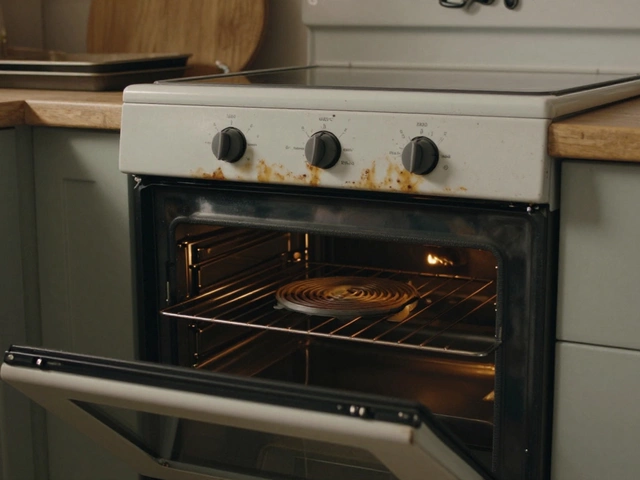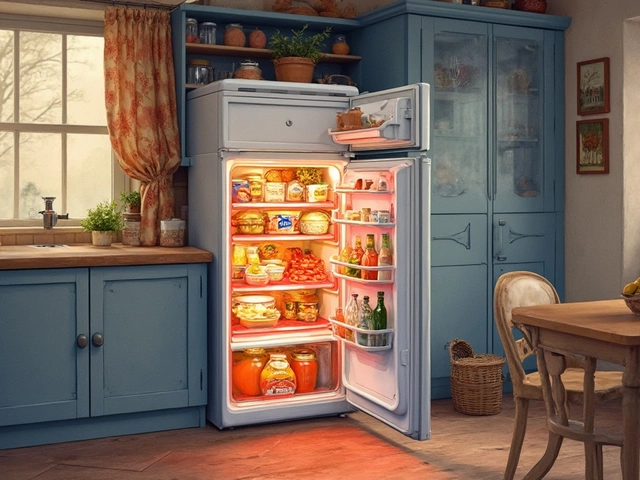Every day we rely on washing machines, ovens, fridges, and countless other gadgets. When they work right, we hardly notice them. When something goes wrong, the result can be a blackout, a costly repair, or even a fire. The good news? Most problems are preventable with a few easy habits.
First thing on the list is electricity. Plugged‑in appliances draw power constantly, so a loose cord or a worn plug can become a shock hazard. Before you use any device, give the cord a quick visual check. Look for cracks, exposed wires, or bent prongs. If you spot any of these, stop using it and call a professional.
Never overload a single socket. Most UK sockets can handle about 13 amps, roughly 3 kW. If you’re running a kettle, a toaster, and a coffee machine all at once, you’re pushing the limit. Use a dedicated socket for high‑power items like heaters or air‑conditioners.
Ground Fault Circuit Interrupters (GFCIs) are a smart addition in kitchens and bathrooms. They cut the power within milliseconds if they detect a leak, reducing the chance of a serious shock. If your home doesn’t have them, consider installing a few – it’s a cheap insurance policy.
Fires often start in the kitchen, so keep a clear area around stovetops and ovens. Never leave cooking food unattended, especially when using oil. If a pan starts to smoke, turn off the heat immediately and move the pan off the burner.
Regularly clean lint traps in dryers and vent hoods. A clogged vent can overheat and ignite nearby material. A quick brush‑out after each use does the trick.
Kids love to explore, and a curious hand on a hot oven or a running washing machine can end badly. Use safety locks on oven doors and keep the washing machine door closed when not in use. If you have a front‑loading fridge, place a lock on the door latch to stop youngsters from opening it and spilling cold water.
Gas appliances need special attention. Smell a rotten‑egg odor? That’s a leak warning. Open windows, avoid turning on lights or appliances that could spark, and call a Gas Safe engineer right away. Never try to fix a gas line yourself.
Maintenance is the secret weapon for safety. Set a reminder to descale kettles, clean fridge coils, and check refrigerator door seals every six months. A well‑maintained fridge runs cooler, uses less energy, and is less likely to overheat.
When it comes to repairs, know your limits. Replacing a broken oven element or a dishwasher pump can be a straightforward DIY project if you’re comfortable with tools and have the right instructions. However, anything involving gas, high voltage, or sealed refrigeration systems should be left to certified technicians.
Finally, keep a fire extinguisher handy in the kitchen. Choose a Class F extinguisher for grease fires, or a multi‑purpose ABC model if space is tight. Knowing how to use it can make a small flare turn into a quick, clean finish.
In short, a quick visual check, sensible plug use, regular cleaning, and a bit of common sense go a long way toward keeping your appliances safe. Follow these habits and you’ll enjoy reliable, hassle‑free appliances for years to come.

Wondering if you can still use your oven with a broken heating element? This article breaks down what actually happens when the heating element fails and what your options are. Learn about safety concerns, possible workarounds, and when it’s smarter just to fix it instead of limping along. Get tips on recognizing a bad element and ideas for a cheap, fast repair. Find out what really works and what won’t, straight from someone who’s fixed more than a few ovens themselves.

Leaving an electric oven on overnight sounds harmless, but it could spell real trouble. Learn the risks, facts, and safer options for your late-night cooking needs.

Deciding whether to fix or replace a 20-year-old oven? Learn real repair costs, energy savings, safety risks, and when it’s smarter to buy new. Practical advice for UK homeowners.

Deciding whether to repair or replace your hot water heater can feel overwhelming. This article explores practical considerations, including the age of the unit, repair costs, and long-term benefits. By understanding essential factors like energy efficiency and potential savings, homeowners can make informed decisions. Discover useful tips and interesting facts to help you choose the best course of action for your specific situation.

Understanding what usually fails in a fridge can save you time and money. This article explores common issues like malfunctioning thermostats, compressor problems, and leaky seals. Learn helpful tips for diagnosing and possibly fixing these issues yourself. Knowing when to call a professional is also crucial in the life of your fridge.

Thinking about fixing your 7 year old refrigerator? This article breaks down the real costs, reliability, and what you should watch for before you pay for repairs. You’ll find clear tips on when it’s smarter to repair or replace, how much you’ll likely spend, and some key things most people forget to check. Get the real scoop from an expert so you don’t waste time or money.